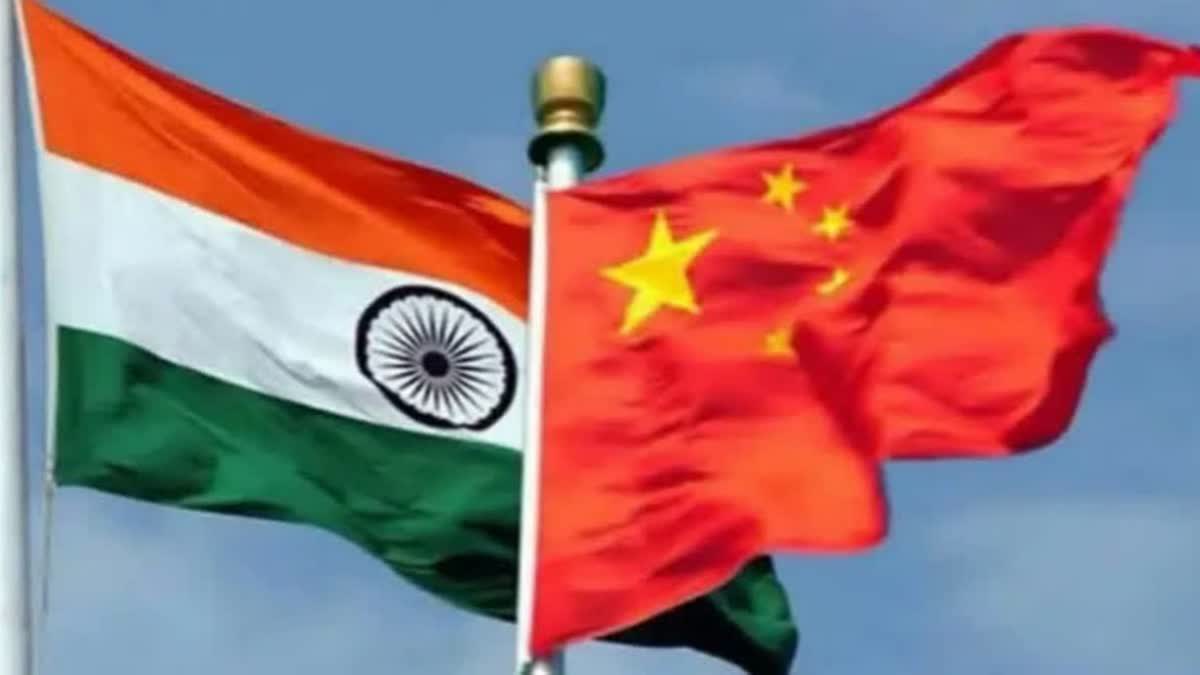New Delhi: Following External Affairs Minister S Jaishankar’s comments earlier this week that India should not be scared about competing with China, an opinion piece published in a leading English daily of China on Friday stated that cooperation and collaboration should be the mainstay of the relations between the two Asian giants.
The article headlined ‘No grounds for India to be adversarial’ published in China Daily, the English-language daily newspaper owned by the Central Propaganda Department of the Chinese Communist Party, stated that China and India “are not only the world’s two largest developing countries that are obliged to unite the Global South and promote the common development of the world, but also major players on the world stage, buttressing the multilateral international order with the United Nations at its centre”.
“China-India relations have encountered some setbacks in recent years,” the article reads. “That is not in the fundamental interests of either side. There are always some forces trying to provoke conflict between the two neighbors and create divisions in the region. That’s why Beijing highly values New Delhi's strategic autonomy on the world stage. New Delhi should approach bilateral ties and economic cooperation more objectively, showing more foresight and bearing the bigger picture in mind.”
The article comes in the wake of Jaishankar’s remarks about India-China ties during an event at the Indian Institute of Management (IIM) Mumbai on Tuesday.
Replying to a question about the recent straining of ties between India and the Maldives and the growing Chinese influence in the region, Jaishankar said that it was necessary to acknowledge that China would influence India’s neighbouring countries, but New Delhi must not be scared of such “competitive politics”.
He said that there is competition with regard to the growing Chinese influence in the region, but it would be wrong to term it a failure of Indian diplomacy, Jaishankar said.
Ties between India and the Maldives became strained after Mohamed Muizzu, after becoming President of the Indian Ocean archipelago nation in November last year, took a series of anti-India and pro-China steps as part of his foreign policy. After the winning the presidential election on a pronounced anti-India plank, he has demanded the withdrawal of some Indian security personnel deployed in the Maldives. These personnel, numbering less than 100, are primarily involved in humanitarian assistance and disaster relief work.
Apart from this, Muizzu has also allowed a Chinese ship to dock at a port in his country despite India’s objections. India has been consistently voicing serious security concerns about the presence of Chinese ships in the south Indian Ocean, particularly in the territorial waters of the Maldives and Sri Lanka.
India is part of the Quad, also comprising the US, Japan and Australia that is working for a free and open Indo-Pacific in the face of China’s belligerence in the region that stretches from the east coast of Japan to the west coast of Africa.
India-China relations had nosedived after the border conflict that broke out in eastern Ladakh in 2020. India has also imposed restrictions on Chinese companies operating in the country and banned a number of Chinese apps.
In his interaction with the IIM Mumbai students, Jaishankar said that being a major economy, China will deploy resources and try to shape things in its way, adding, “why should we expect otherwise, but the answer to that is not to complain that China is doing it”.
